Please Note: To be published @ level 21 (04-30-22)
According to psychologytoday.com, feeling smart has been described as the “the logic in emotion and the emotion in logic.” [1] Eyal Winter, author of “Feeling Smart,” is an advocate for our ability to read into “our emotions [that] serve us, and further our interests,” and lends his insight based upon a “quiet revolution … over the past two decades in three important research disciplines: brain sciences, behavioral economics, and game theory.” [2] On the other hand authors, Dan Ariely and Daniel Kahneman have focused on “mental deviations that lead us away from rational decision making.” What are rational emotions? It’s the study of the relationship between emotions and rational behavior.
In fact researchers in the brain sciences have focused on just that, “how interwoven our minds actually are with the world around us.” [3] Fred Gage, a neurobiologist argues that “subtle changes” can affect our experiences and affect our cognition of the world, and technology is helping us to focus more on our intuition, while “offload[ing] more and more of our cognitive processes,” to enable human thought to be geared with greater precision and power. This is not a new phenomenon, we have been evolving with technology, especially now with social media exposure, that has the capability of augmenting our experience of the world, thus affecting “our online and offline reality.” It has been viewed that as we are evolving the likelihood to “see our brains and the things in the outside world as independent components that may work in concert, but not as a functional unit,” has become more apparent, leading researchers to argue that if only we can “change the environment, change the brain, change the behavior.”
Intelligence takes skill, and when it comes to “measuring intelligence, there are a lot of skills that come into play – from problem solving and spatial ability, to emotional awareness and working memory.” This includes your ability to read, analyze, and interpret data, which I’m sure is a common question among social media users, why exactly are we so affected by the images we see, and the information that is made known to us, how do we know what is real? In technology, “artificial intelligence and machine learning tools,” seek to help us with how we interpret data and how that data is used to build insight, for our decision making, with a “goal of developing better business processes.” Why does this matter? When it comes to “behavior economics,” there is incentive to the discovery of the “effects of psychological, cognitive, emotional, cultural, and social factors” affecting our decision making. By these incentives, enhanced “corporate social responsibility,” involves the interplay of balancing truth from fiction necessary to building “better program, policies, and services,” and as a result “improving outcomes.” If our decisions affect how we feel, and if how we feel affects the emotional component of good decision making, than the information and resources provided to us should definitely be made with an awareness of how that in turn affects us, as people wanting to do the right thing, and avoid issues of mistrust, the end result matters. According to “Dan Ariely, humans make irrational decisions like this all the time.” Behavior economics is more than just “social psychology,” which is the study of how individuals are affected by other people, it instead focuses on why people are that way to begin with. Developing a deeper understanding of why people do things or say things in certain situations is a better way to measure the potential “social impact,” that implementing these connections will have on overall program success, in making us better decision makers, no matter what the issue is faced with.
When it comes to “behavior economics”:The main point is that people care, and with better self-control, we can avoid many problems associated with simple lack of awareness, in troubling times. Some of the best decisions that people make, are represented by their successes in life, why we focus so heavily on successful people. We tend to be drawn toward people who are doing the right things and sticking to what matters. There is so much inspiration in people who are able to defeat the odds and come out the better person in the long run, and we applaud them for that. Like most people, they struggle, and there’s a lot of learning that occurs along the road to success, and most positive discovery occurs through learning from one another first-hand, which I feel is the benefit of social media, seeing the results first hand, and watching the progress overtime, to determine what is working for people and why.
When we say “people care,” movingworlds.org encourages us to focus on 4 elements, that include the circumstances and the elements being deciphered as playing a role in positive outcomes: Anchoring, Fundamental Attribution Error and Self-Serving Bias, Decoy Effect and Dominated Alternatives, and Framing:
How we value information matters, and when it comes to social media, we may look for factors like verified accounts, likes, number of followers, and content displays and comments, to determine which are the best accounts to follows when it comes to getting a gist of what the climate is socially regarding issues, and where to take a stand on topics, either being supported or not supported by heavily followed individuals, this all in turn affects how we ultimately make decisions for ourselves. Sometimes hearing from others helps like reading reviews, or hearing what others have to say by hashtag. Understanding bias, is one lesson in behavior economics, who do we rely upon in life and how can we avoid the pitfalls of misinformation and how that affects our decision making.
When we are more open to change and evolving as helpers in this world, we decidedly make things right when we can rely less on self-serving bias to dictate the direction of our decision making capabilities, and rely more on the science and function of a good decision made. Weighing factors is apart of our intellectual capacity as good decision makers, not being arbitrary. The next determinant factor for decision making discussed is the “decoy effect,” this affects how people choose between options, and when it comes to sources, displays matter, just as much as content on social media, people don’t have time to be fooled. So for example on social media there are certain standards being developed in presentation, that we recognize as being valued content for us to follow, this is to limit our tendency to be overdrawn to unreliable sources or figures and be more drawn to what is similarly approved by the majority, and popular, becomes the better basis. For what it’s worth, we all get distracted by misinformation or rumors, the point is to be able to within be able to make good choices, that serve you best and those around you, when determining what are the right themes to follow, concepts to pay attention to, and what stance to take on subjects to determine the worth of your attention to a figure or display of information, does it fulfill your expectations.
Meanwhile, “self-control,”is about: decision fatigue, mindless consumption, and confirmation bias. Decision Fatigue, most generally describes that over-inundated feeling we get from social media, when you remember less, and search more, and the less things process, the more confused you get. Its all about that tangential relationship between what you are reading, to what you are thinking, and hopefully once you get acquainted with how your mind works, being able to find more answers to problems, then encounter problems while trying to find your answers. This is likely to occur during moments of disagreement to what you are consuming, either it does not function to describe the points in your mind that you are struggling with assembling, but that you feel at a loss. This can occur when the information you have received is inadequate, instead of opening your mind up, leaves you feeling short handed, or not informed well. So choose your sources well in life, and learn to take things with a grain of salt, sometimes solution comes to us in the thinking and processing phases of being exposed to information, and its what you are left with either makes more or less sense to you after having read what you have chosen to read, that’s just my experience with assembly.
This reading reminds us that the less things make sense in our minds, the worse the decisions we make are. Handle life in small doses, if we can’t first focus well on one thing at a time, then why bother multi-tasking and failing. Then there is mindless consumption, as the saying goes “out of sight out of mind,” ever notice that what becomes pressing in your mind, may be something that you are directly exposed to or focusing on, and in these articles studies have shown that the less we focus on the problem, the better chances we have for arriving to solution. For instance, when it comes to mindless consumption, in order to address a problem, you need to first understand the elements to a problem that need to be modified from access to others in a particular environment, especially if it leads others down the wrong paths in life. Making healthier choices therefore is about what options you have available for thinking, if not already made available to you in the online universe. Change means more than addressing a problem, it’s also about helping others by bringing to their awareness alternatives for thinking, to better rationalize their own emotions concerning matters and how that affects how they view and interpret the world, and the ramifications for all those involved, what is stemming from what or who to blame. It is true that what you put into your dominant focus can skew how you view things happening in relationship to what you’ve been told, come to conclusions based upon your own sources in life, to which things don’t become true until they fall more in alignment with what you think, which can be a reasonable or unreasonable basis, for deciding that things are only true when things happen in this way, to confirm a belief. So what are your beliefs and why, and how do your beliefs influence others for better or worse, or affect the dominant force, figure, or belief, you seek to make true and confirm in your mind? How much energy should you or others, move towards making a belief true, if it presents more risks than benefits, when it comes to arriving to more positive solutions, without trying to create error in justification of opinions alone held. Figure out that first. Making healthier decisions for ourselves, would mean to not just rely on what’s available and in front of us, and be more frugal, less compulsive consumers, during times of need. Then there is “confirmation bias,” which goes to the fact we discussed earlier of “reinforc[ing] [one’s] own existing beliefs,” its not god who has punished you, for not understanding or being affecting by situations in life, its about what you believe, and sometimes the gears for your decision making skills, will not fall in alignment to the knee jerk reactions of others relying on other “religious beliefs,” think in a way that works for you.
So no matter how those ideas are established, come up with a system for making your own rules in life, follow basic moral principles, and always be honest, that’s the surest path, to making more sound decisions in the future. Doing what makes sense, is to focus on what’s approved, and what is likeable about us and others, and that in turn affects how we feel and the decisions we make moving forward. A problem without solution, is simply about a matter of what we do, to evolve.
Game Theory is “the study of interactive decisions,” describing our interactions as humans, social creatures, “who interact with their environments.” This theory “enables us to understand the roles that emotions and other behavioral characteristics have within a context of social interaction.” [4] When our critical mode of thinking is geared by our exposure this can in turn affect “how we order things in our lives. [and] how we engineer relationships,” and most of all “how we address problems in our society.” Game theory refers to the “possible interactions between two or more Rational Agents,” what defines a rational agent. A “Rational Agent,” is one who holds the same or similar beliefs, and this can occur when we are informed equally and have access to the same information, such as what social media provides, an open ended network of ideas and exposures, from which a feeling or idea can be derived from exposure to. How else would you know how others are doing had you not heard from them, doesn’t not hearing from others contribute to so much unnecessary worry in life. If the goal of participation and interaction online is to feel well, and to achieve a sense of peace from being exposed to one another, then that’s the end goal, being able to achieve, feel lifted, not downtrodden about life, or deflated, so to speak. You would think that participation includes possessing an account and sharing online, but we forget that some just read, so the pressure doesn’t go both ways when it comes to accountability, just what is present online, gets used to decipher fact from fiction, and that’s the problem. What you think when you hear or see something, will not always be the same as what another hears or thinks, but if the tendency is geared toward arriving to negatives, then that’s how the information will be interpreted, until a negative point of interests is arrived to, and anything that can support that derivative of those deductions, meaning how a person looks, sounds, what they’re wearing, and who they are talking to, there is no joy, in any element of harm, and when trying to lighten up a conversation on violence, gun violence, sexuality, and age, sometimes we rely on presenting our best selves to address discomfort.
The main lesson is to learn to separate yourself from any “game” in life, or series of understandings, or misunderstandings about life, and how things occur, may have occurred, or unravel the mystery behind the elements of problems, contributory, and preventable basis for choices made by others, which can only be determined based upon what a person says is their basis for a decision made, without alluding to people as being bases. Without a person admitting to what they think guiding their negative impulse toward a person or group of persons in life. If we don’t know that much about life, then we can’t assume what is influencing the decisions of others, foul or for social good.
When thinking about life, observe what you can, that doesn’t mean that your exposures in life, hold you responsible for what you assemble in your mind to be true about people, what they have said, or what images they have shown. Like all Instagrams, its just a summary of that persons reactions and informations known to them at that point in time, and to all those who have witnessed or been influenced by those periods in time, or wellness or sickness, we all endure changes in life that subject us to being affected by the wellness of others, lacking, or apparent, that will never change about human nature. Its about what ideas you are willing to accept, and what you stay patient to, either expecting a certain wellness achieved and present, or wrongfully assume someone is not well by their own doing, or someone else’s.
Whenever there is a fight over influence, its about what’s working and what’s not working, so for anyone to establish an element or person is not to be included to the elements of the game of “references” working for everyone, is to not only not include them for reference for solution, but also to declare someone is not a member of the solution that is present and working in the minds of others.
How can you discriminate a person from solution, if you are using them as an element to dictate a series of themes or understanding to a game of “insult” you seek to rise to the towers of our mind for reference if foully insinuated. If anyone cares, I have always cared, I flew to DC 2013, signed a bunch of books by Senators offices, visited the US Supreme Court, and The White House, and navigated through how to help others by getting involved and introducing myself to organizations who are helping others, referenced to me 2011, before any shootings happened, and that was my introduction to gun violence and advocacy. I was told to “keep in general” by Brady, and it was also recommended to continue applying for jobs, and I have done everything to that extent of their preferences for how we should support them, keep it general. So don’t treat me as some fraud or person who is not who they say they are, I am the only blogger online with a celebrity reference connection, who blogs online, and is also connected to an anti-gun violence organization, and who also graduated from law school and began attending 2008. So don’t treat me as though my cares are new and trendy, my cares have always been this way since I was a crisis hotline counselor 2004, trained and certified, so don’t go through my resume, and wrongfully accuse me of things you think run counter to some job or exposure I’ve had in the past, on the basis of pictures you have acquired and non made during the time I was working for those organizations. I am always doing my best, so don’t hurt me as a person, because you don’t understand how I got mental health issues, it’s not from caring, it’s from how my cares are perceived to be appropriate or not appropriate on the basis of who I am and connected to. We all care by now, so it’s safe to say that no matter what team you are on in life, you are always allowed to care.
I think when people think of life coach or life advice, they assume that it always has to be someone with a PhD or psychology degree, and that’s not true, we are all capable of being advisors in life, based upon our life experiences, either become more wise or knowledgeable of how to get out of problems, deficits, and disabilities in life and what I have to say represents how I have been able to overcome difficulties in life and come out a stronger person as a result.
To me being smart is staying well in spite of the obstacles, and talking to therapists and psychiatrists whenever I feel like there is some outside force trying to convince me that things are a way they are not, and also calling police and FBI to explain my fears or what is happening to me in my life, that has affected my feelings of safety, and that’s how to best help others, by reporting what you are going through, which is either helpful to interpretation, or not helpful. What happens is therefore all within our control, to either let ourselves be carried away from feelings, or to focus on gratitude and what is going well, and stay within our realm of expertise, some specialize in solving problems and you should enable others to do so, not disengage with others when things become tough, that’s my strategy.


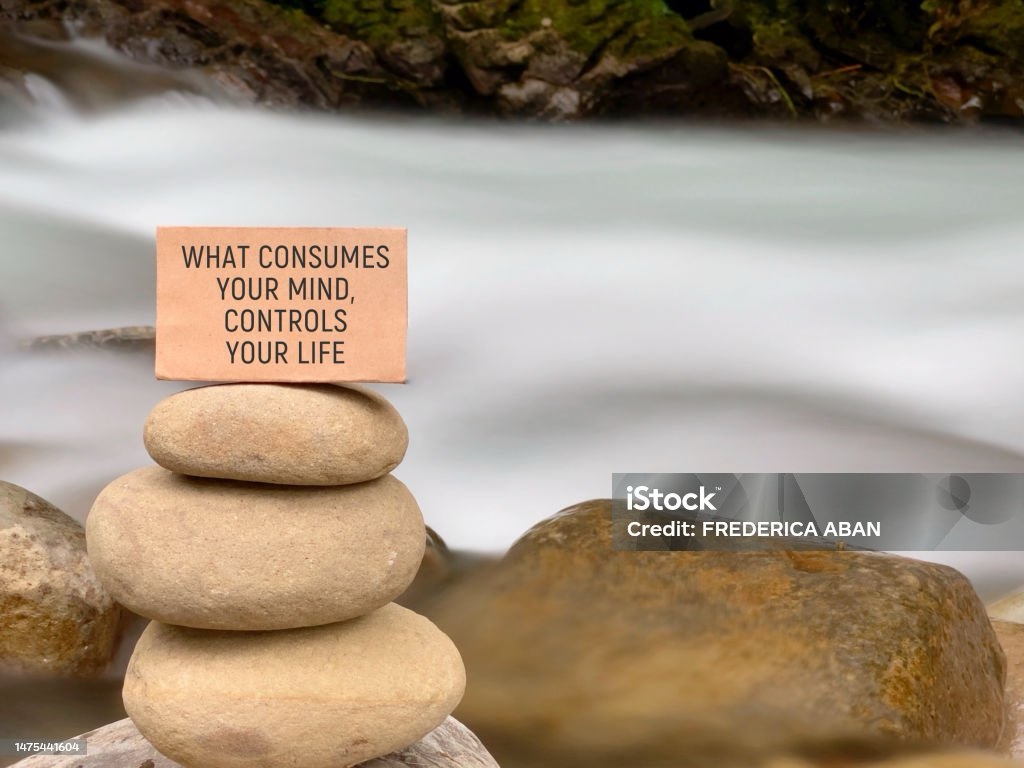






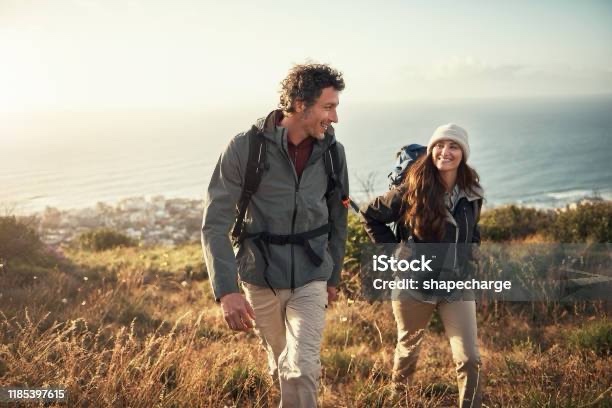


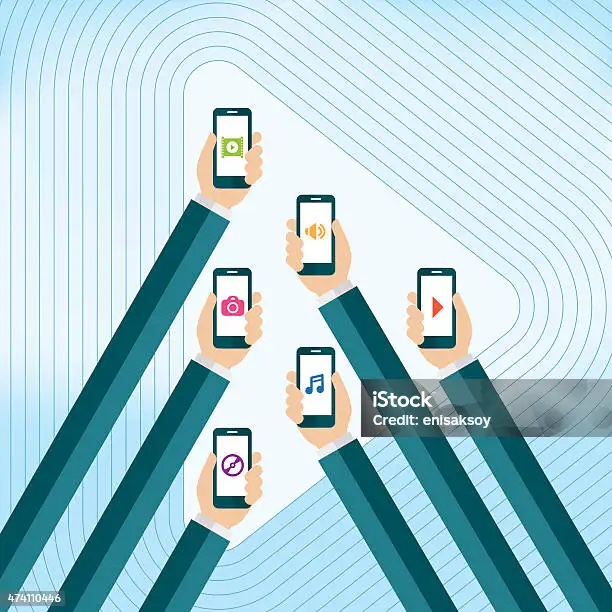






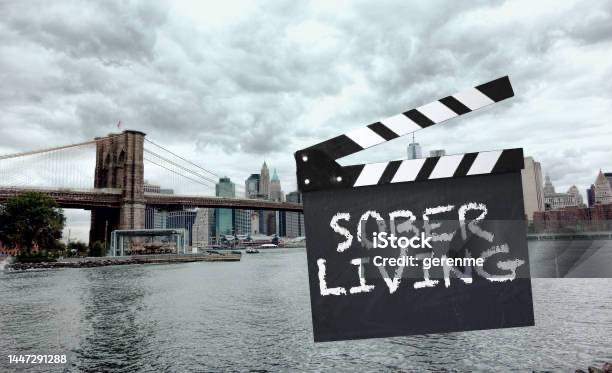
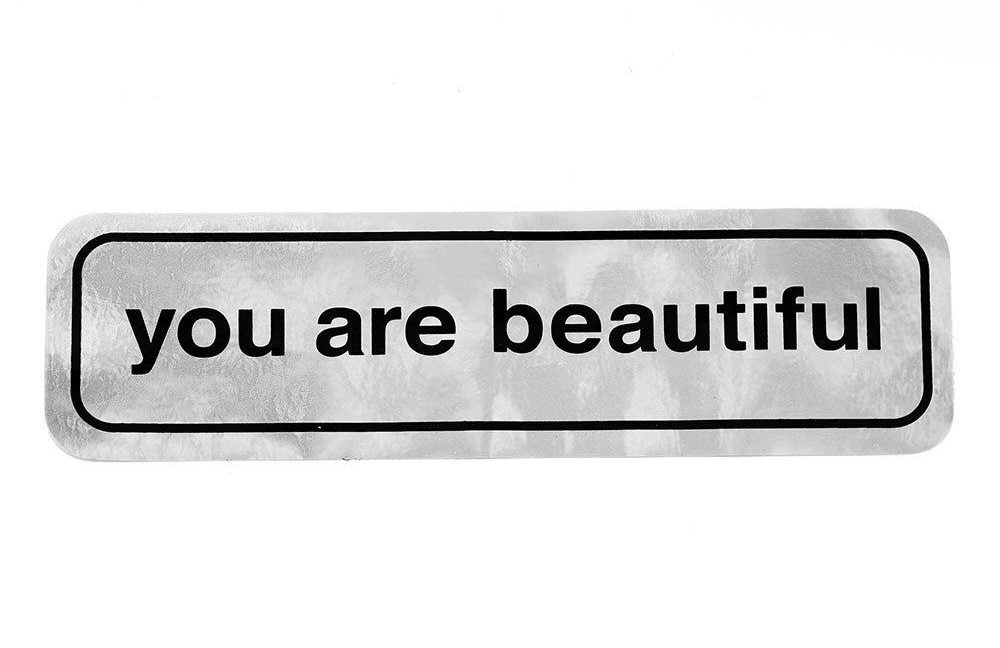
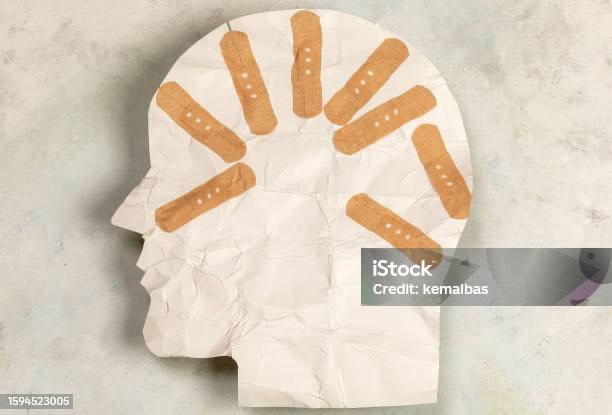

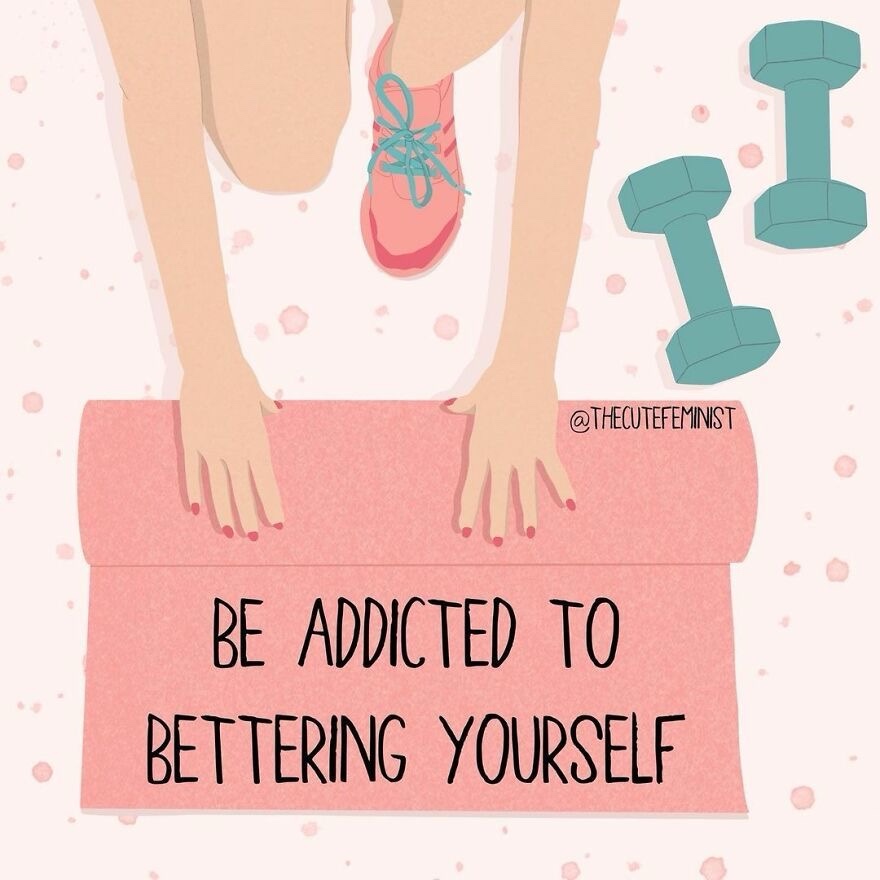
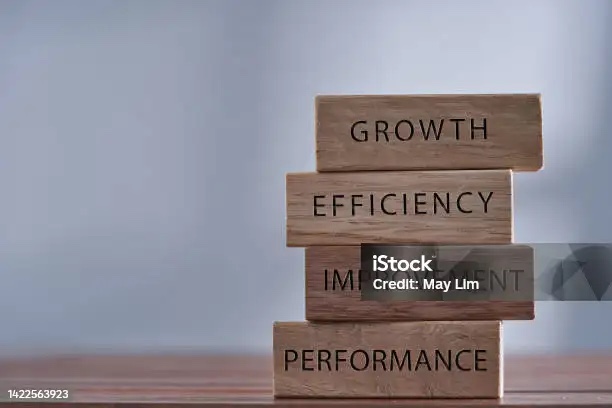
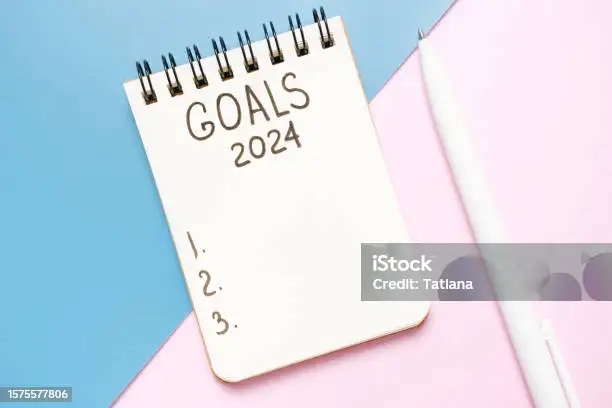
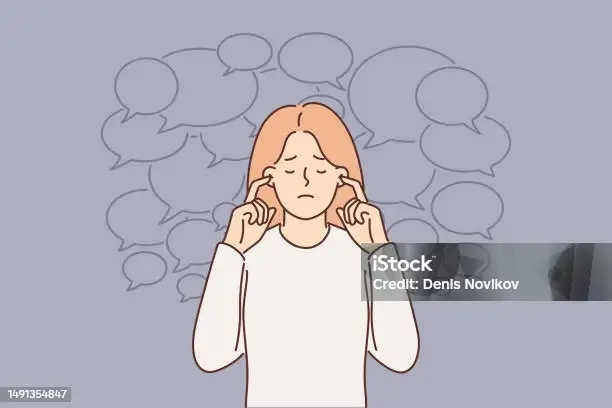
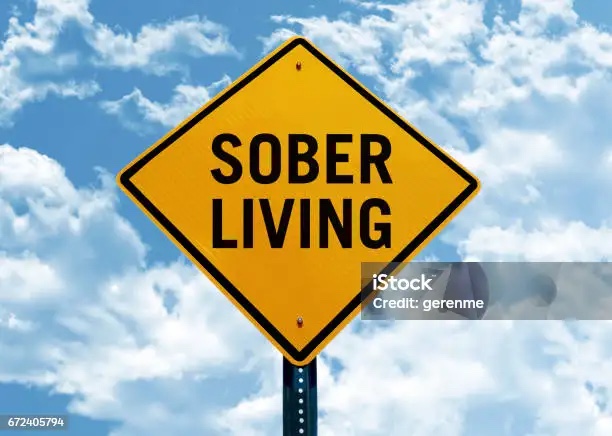

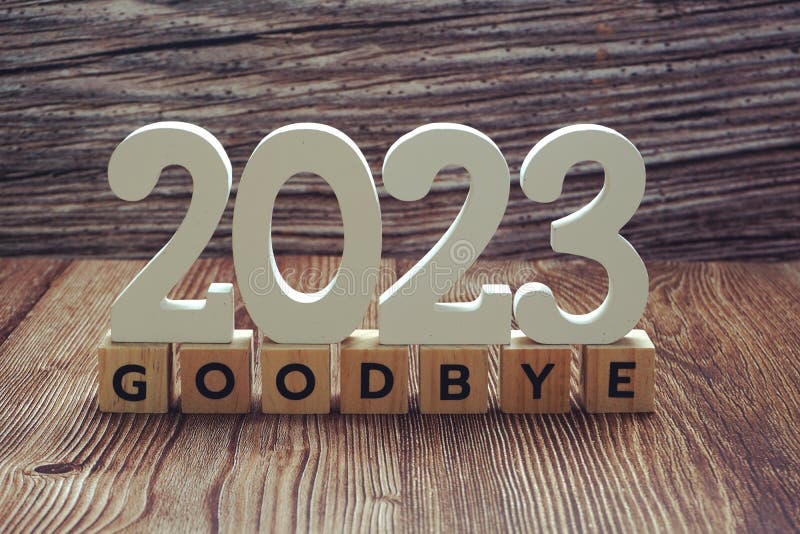




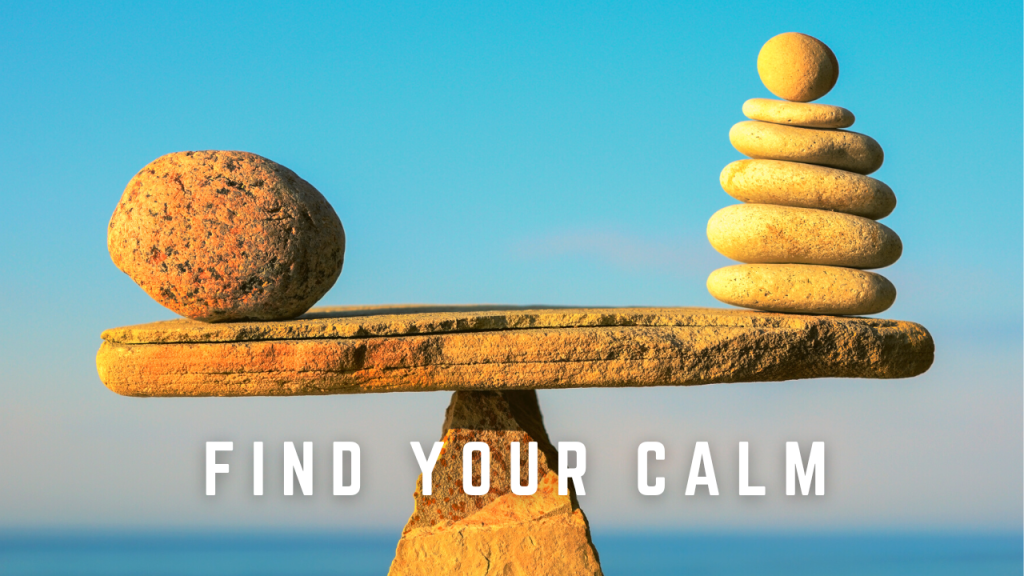
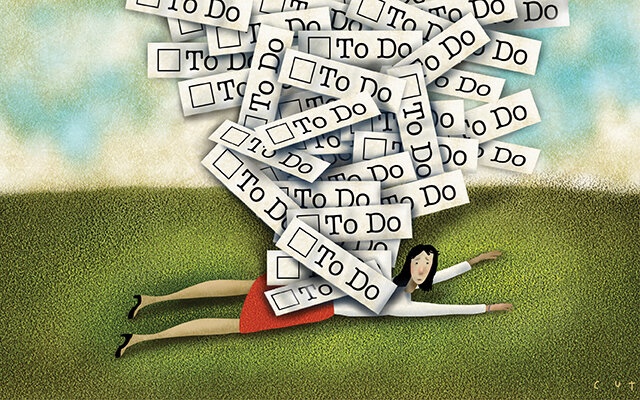
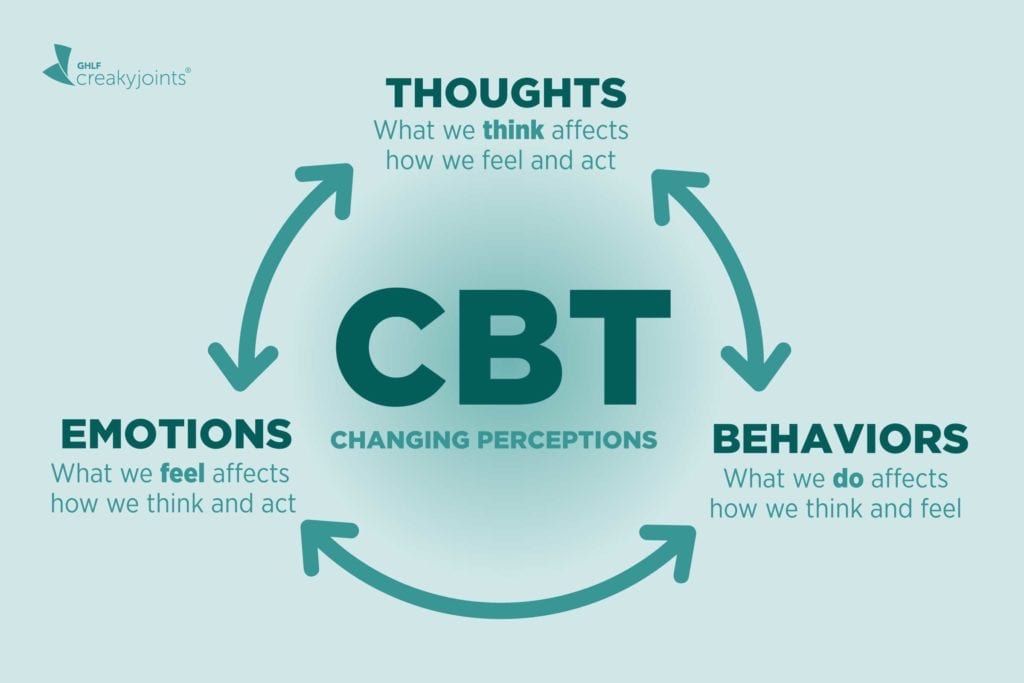

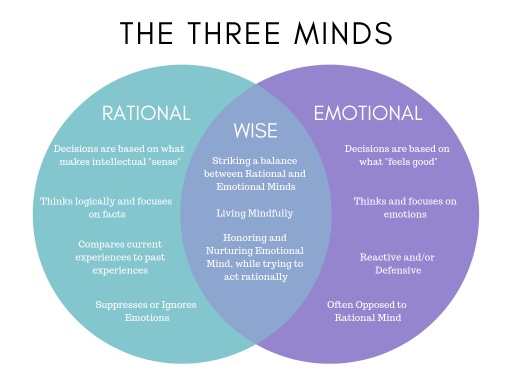

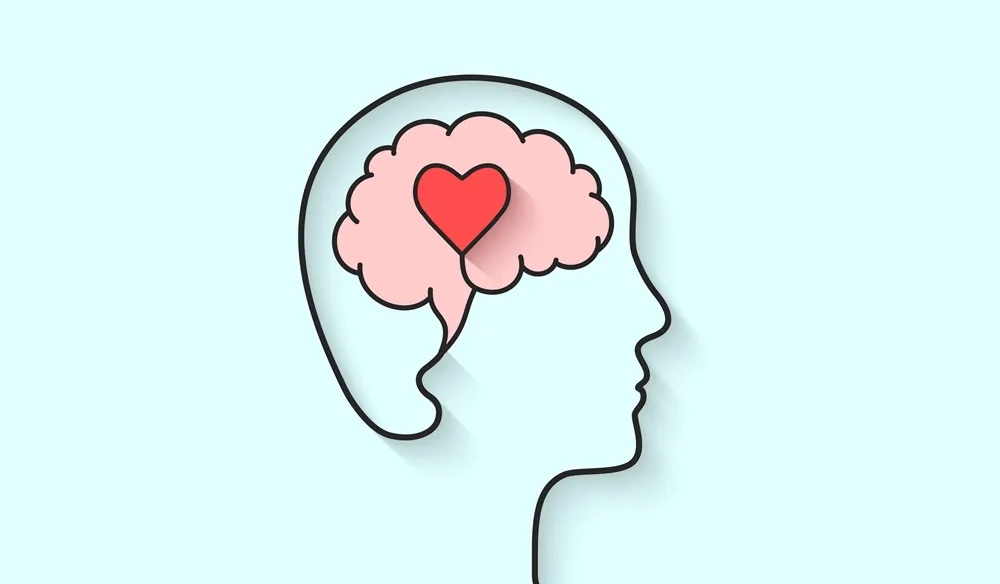
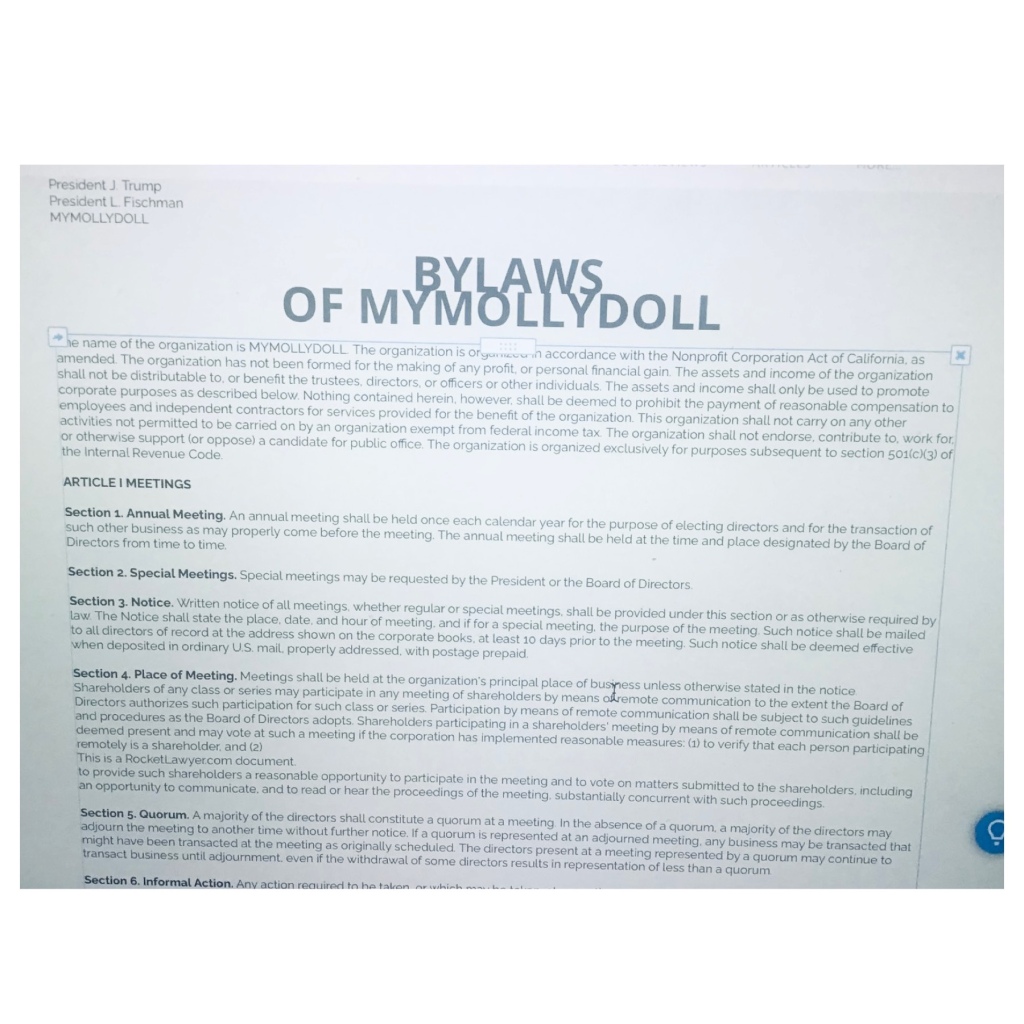
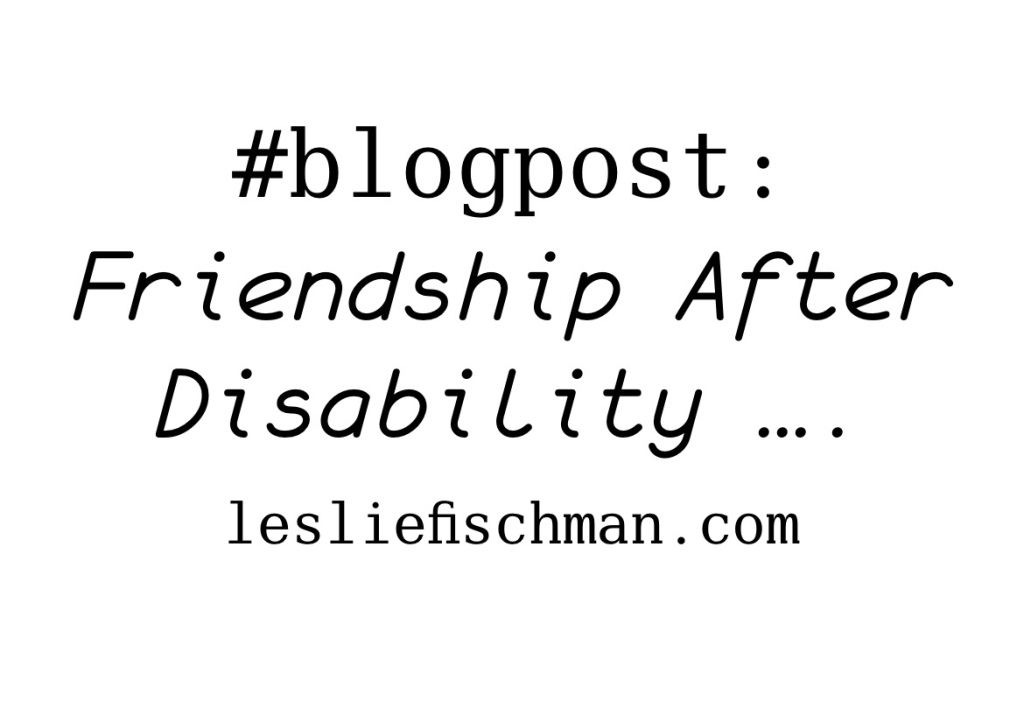
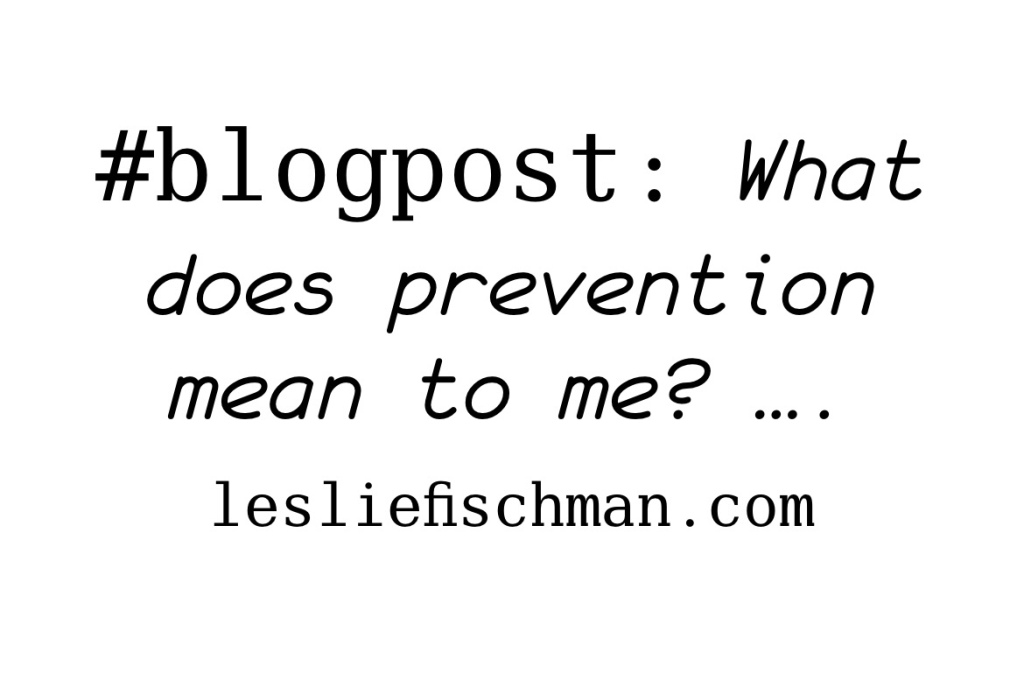
Leave a comment